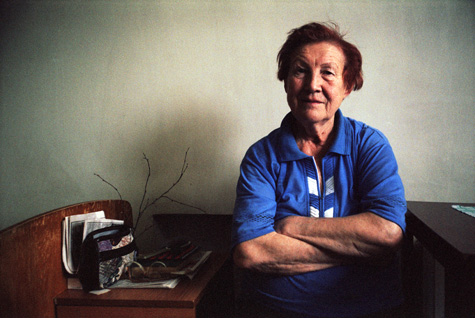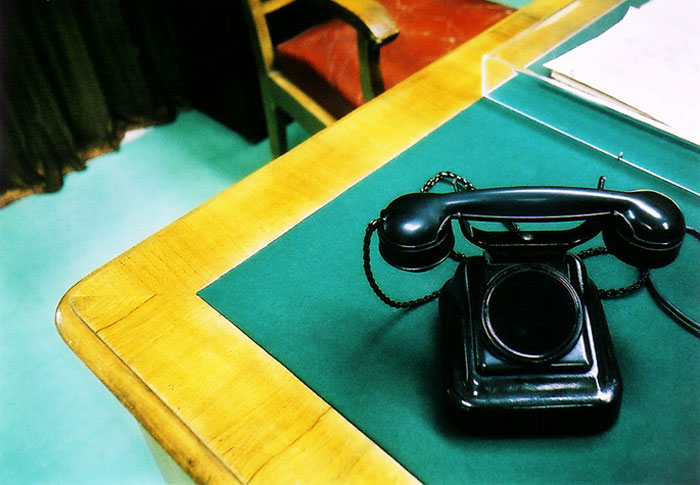Nathalie Latham, Paris, France
Beijing
In the media today, we are inundated by the notions of China being the next super power, and how it will leave the USA, Europe (and the West in general), way way behind.
When I was in Beijing last year, I had a very strong sense of the enormous shift that China is undergoing.
I was interested in observing the teenagers in Beijng today as they are the generation which are going to be the leaders of tomorrow's China, those whom are going to carry on this dramatic shift.
How do the leaders of tomorrow perceive their world today?
What are their fears? What are their dreams? What have they learnt from their parents? Where do they want to travel? How do they imagine their lives at 30?
J was the 15th of 80 teenagers whom I interviewed in the shopping district in downtown Beijing.
J, 18 years old.
What country do you most hope to visit? Why?
Japan. It’s an open economy.
How do you imagine life when you are 30 years old?
A good life of course.
What have you learnt from your parents ?
Good education.
What are you afraid of ?
Afraid of being alone.
What is your dream ?
Do what I want to do.
Closed City N° 65
They said that I was never going to get into the closed city. “No photographer from the West has entered – you’ll never get in”.
After 8 months of letters, faxes, authorisations between the American and Russian governments, I entered the Ozyorsk, Closed City N° 65 where the first Soviet Union Atom bomb had been created.
I travelled with American scientists who are studying the effects of long term-low dose radiation on the chromosomes of Mayak plutonium workers from the local plutonium plant.
This portrait of Nina, was taken in the hospital where she was having her annual check up which would last four days. Nina began working at Mayak Plutonium plant in 1950. She told me “all my colleagues have died. I believe I have survived because of nature and the forests. I love collecting mushrooms in the forest here – there are so many types and it is my time with nature.”










